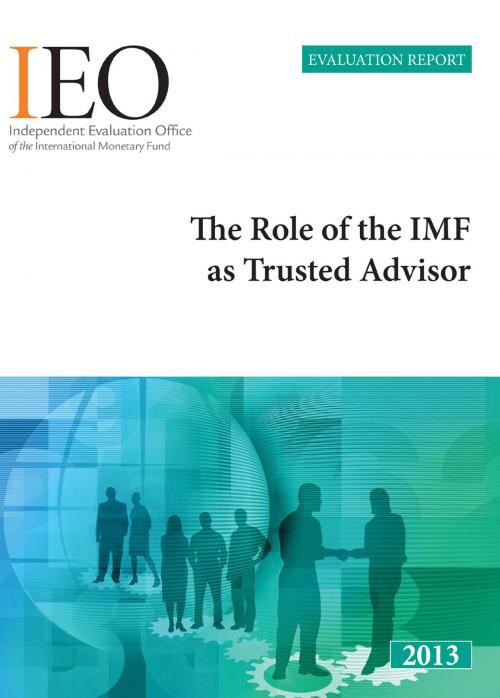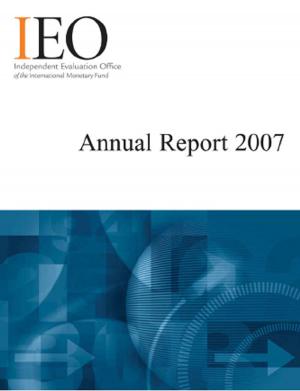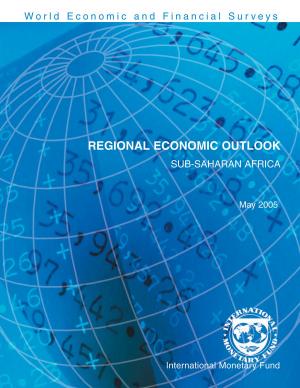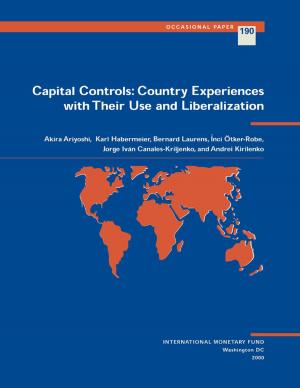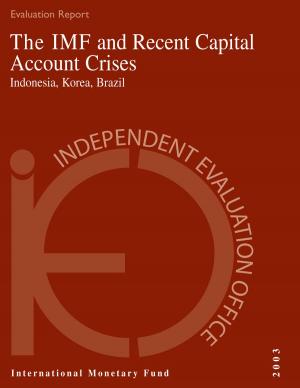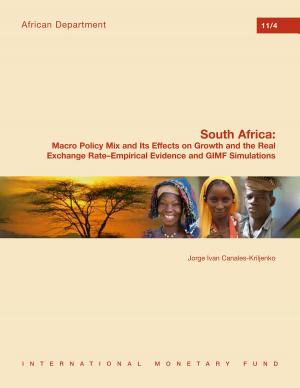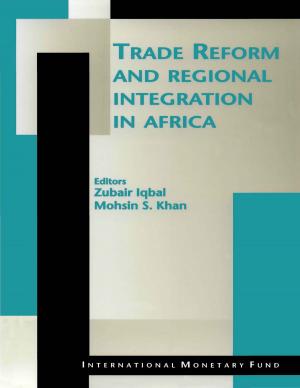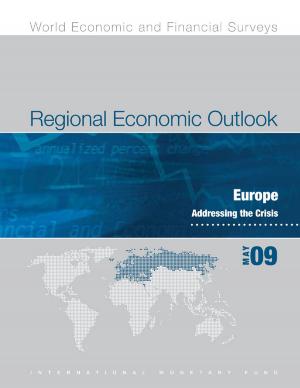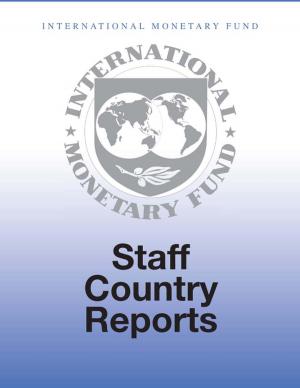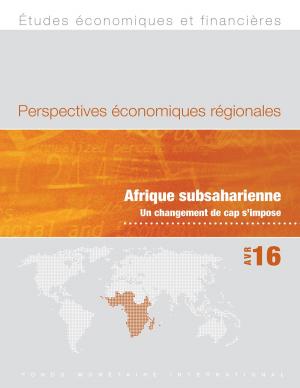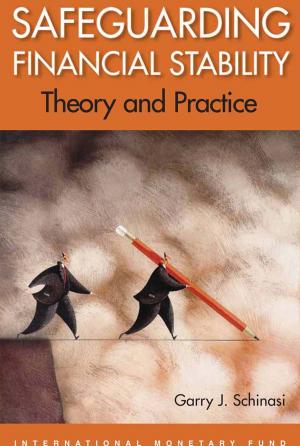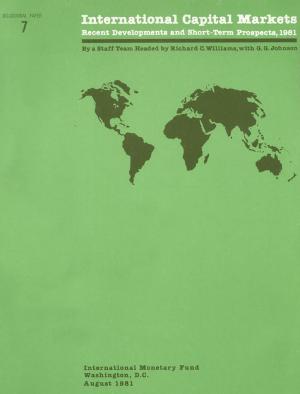Independent Evaluation Report: The Role of the IMF as Trusted Advisor
Business & Finance, Economics, Money & Monetary Policy, Finance & Investing, Banks & Banking, Nonfiction, Social & Cultural Studies, Political Science, Politics, Economic Policy| Author: | ISBN: | 9781616359669 | |
| Publisher: | INTERNATIONAL MONETARY FUND | Publication: | April 15, 2013 |
| Imprint: | INTERNATIONAL MONETARY FUND | Language: | English |
| Author: | |
| ISBN: | 9781616359669 |
| Publisher: | INTERNATIONAL MONETARY FUND |
| Publication: | April 15, 2013 |
| Imprint: | INTERNATIONAL MONETARY FUND |
| Language: | English |
The IMF carries out its mandate to foster macroeconomic stability and thereby facilitate prosperity by promoting the adoption of sound policies and international cooperation. Ultimately, the means to achieve these goals is to have Fund policy advice translated into concrete action. Key to achieving such traction is the relationship between Fund staff and member country authorities, together with the quality of the advice and members’ confidence in it. That is, the Fund needs to be seen as a trusted advisor. This evaluation examines in what circumstances the Fund is viewed as a trusted advisor to its member countries. It uses evidence gathered since 2005, but emphasizes the period since the onset of the global crisis in 2007–08. Because the concept of trusted advisor is “in the eyes of the beholder,” the evaluation derives the main attributes from country authorities themselves.
The IMF carries out its mandate to foster macroeconomic stability and thereby facilitate prosperity by promoting the adoption of sound policies and international cooperation. Ultimately, the means to achieve these goals is to have Fund policy advice translated into concrete action. Key to achieving such traction is the relationship between Fund staff and member country authorities, together with the quality of the advice and members’ confidence in it. That is, the Fund needs to be seen as a trusted advisor. This evaluation examines in what circumstances the Fund is viewed as a trusted advisor to its member countries. It uses evidence gathered since 2005, but emphasizes the period since the onset of the global crisis in 2007–08. Because the concept of trusted advisor is “in the eyes of the beholder,” the evaluation derives the main attributes from country authorities themselves.
